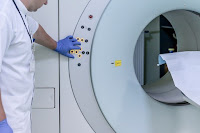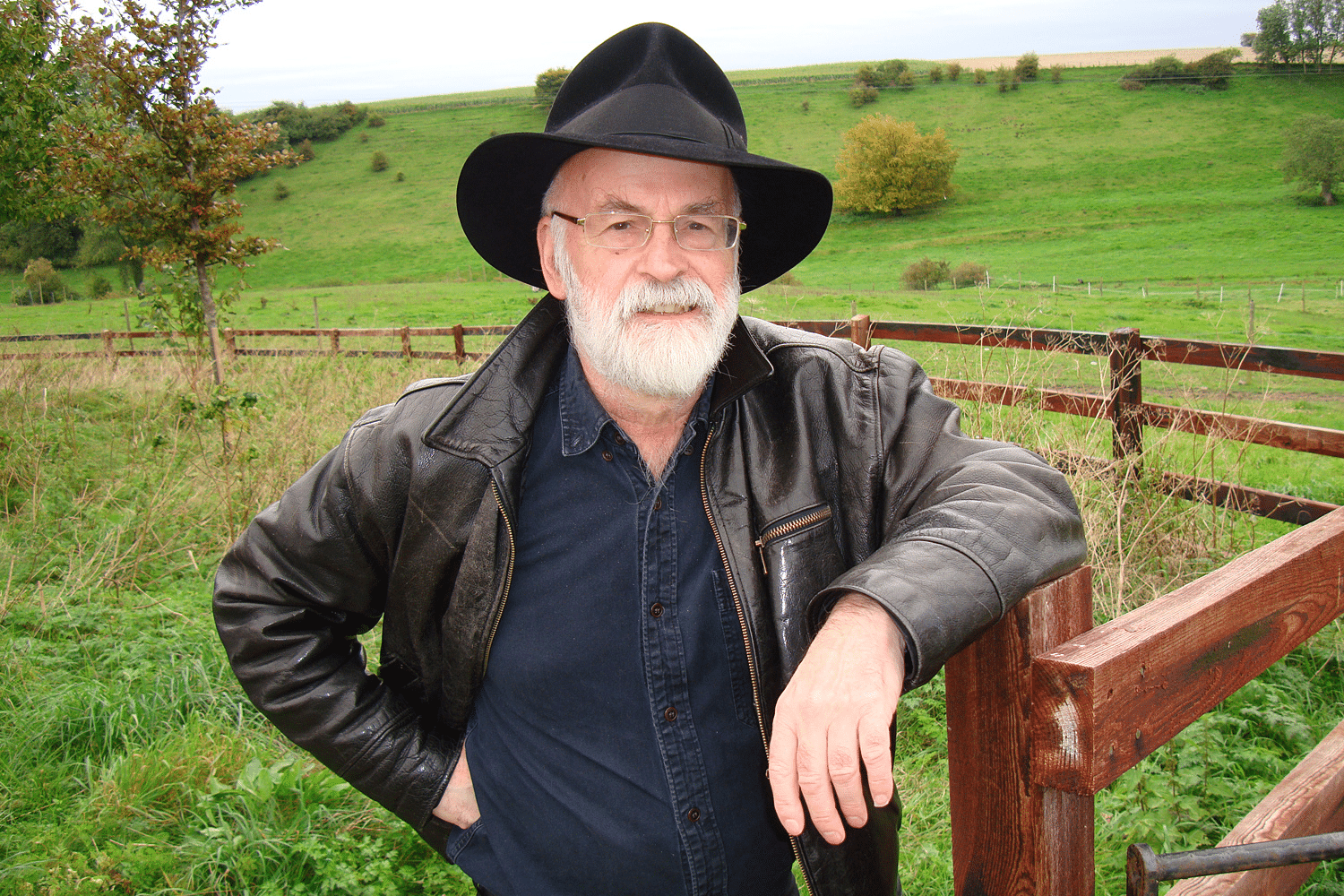
Iron is Aging Our Elders
During aging as well as during Alzheimer’s or Parkinson’s disease, iron accumulates in the human brain. Now, researchers found that in vertebrates, a microRNA called

During aging as well as during Alzheimer’s or Parkinson’s disease, iron accumulates in the human brain. Now, researchers found that in vertebrates, a microRNA called

Dr. Rudy Tanzi is a top researcher in the fight against Alzheimer’s. Chris Mann is a famed music star. Learn about the latest research and see how they join forces in this remarkable video.

Researchers have found that a clutter-free environment may not be helpful to people with dementia — in fact, people with moderate dementia appeared to do better when surrounded by their usual clutter. Learn more.

An international team of researchers finds that cognitive motor training helps fight Alzheimer’s and dementia, using a fitness game to show that cognitive motor training improves both cognitive and physical skills in people with significant dementia. Find out more.

Eli Lilly Company’s TRAILBLAZER-ALZ 2 Phase 3 study shows that donanemab significantly slowed cognitive and functional decline in people with early symptomatic Alzheimer’s disease. Learn more.

Researchers know that some elderly patients have problems with cognitive function for weeks, sometimes months, following surgical procedures. Find out what the research reveals about this connection.

Researchers in Canada find that listening to one’s favorite music, or to music that is personally significant, leads to improvement in the integrity of the brain.

A regular afternoon nap seemed to be associated with better cognitive performance in a study of healthy seniors living in China.

A new peptide may hold potential as an Alzheimer’s treatment
Researchers say the CDK5 Blocker peptide blocks a hyperactive brain enzyme that contributes to the neurodegeneration seen in Alzheimer’s and other diseases.

Spend time with Alzheimer’s patients and you quickly learn, “If you met one person with Alzheimer’s, you met one person with Alzheimer’s.” Each patient’s journey is unique. Researchers have uncovered one reason why: Memories are like fingerprints. Learn how the brain creates “memory fingerprints” and how this may lead to new, better Alzheimer’s treatments.

Posterior Cortical Atrophy, or PCA, is a specific form of Alzheimer’s that affects the back of the brain.
Author Terry Pratchett was diagnosed with it.

New evidence suggests genetics—not geography—may explain why Leqembi causes fewer ARIA brain side effects in parts of Asia, and what that means for families everywhere.

NEW YEAR’S VIDEO & ARTICLE: New Year’s Eve can still be a fun, enjoyable experience for loved ones with dementia. It’s a perfect moment to reflect on past moments that warmed the soul.
Learn how reminiscing makes for a great activity.

Too much sleep and too little sleep can contribute to cognitive decline, researchers report. Learn more.

People with dementia who were consistently seen by the same General Practitioner (GP) are given fewer medicines and are less likely to be given medicines that can cause problems, according to researchers at University of Exeter. Learn more.

A deep promise to be there for an Alzheimer’s parent, this heartwarming song was written as a tribute to families facing dementia.

Amyloid is one of the leading culprits behind Alzheimer’s. Scientists know it damages memory by killing brain cells. Now research reveals how amyloid triggers memory loss in perfectly healthy brain cells as well. Learn more about how Alzheimer’s develops.
No spam, only news and updates.


